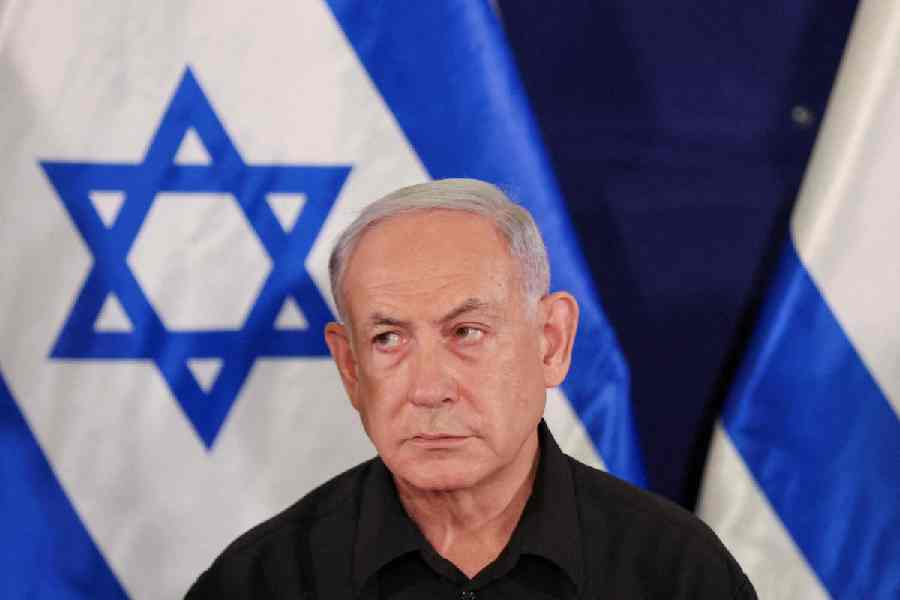Benjamin Netanyahu’s decision to assassinate Hassan Nasrallah, the Hezbollah leader, capped an increasingly brazen sequence of escalatory moves that reflected the Israeli Prime Minister’s renewed confidence in Israel’s military strength as well as in his own ability to navigate and defy foreign criticism, analysts said.
Netanyahu’s authorisation of the strike came a day after the US, Israel’s main benefactor, called for a cease-fire between Israel and Hezbollah. It occurred minutes after foreign diplomats walked out of his speech to the United Nations General Assembly, protesting the conduct of Israel’s wars in Gaza and Lebanon. And it came amid growing pressure on judges at the International Criminal Court to order his arrest on war crimes charges.
Last October, Netanyahu cancelled a similar attack against Nasrallah following American pressure to call it off and internal doubts about Israel’s ability to fight on two fronts in Gaza and Lebanon after its failure to prevent Hamas’s October 7 attack on southern Israel. His popularity plummeted after the Hamas raid, with polls repeatedly suggesting that he would easily lose power if a snap election was called.
Nearly a year later, Netanyahu appears far less deterred by either foreign pressure or domestic frailty. Fighting in Gaza has slowed, allowing the Israeli military to focus on Hezbollah, while Netanyahu did not even consult with the US before authorising the strike on Friday, according to US officials.
“King Bibi is back,” said Nachman Shai, a former cabinet minister, referring to Netanyahu by his nickname. “If you compare Bibi now to Bibi 10 months ago, he’s a different person. He’s full of confidence.”
The attack on Nasrallah followed Netanyahu’s similarly risky decisions to strike a group of senior Iranian generals in April; kill Hezbollah’s top military commander in July; assassinate Hamas’s political leader on the same night; detonate thousands of Hezbollah pagers and radios this month; and mount one of the most intense and deadliest bombardments in modern warfare last Monday in Lebanon.
These devastating blows have yet to translate into clear strategic gains. Israel’s main aim is to allow more than 60,000 displaced Israelis back to their homes near the border, but Hezbollah is still firing brief rocket barrages there, preventing Netanyahu from achieving that goal.
Still, his moves have defied — and, at least for now, undermined — warnings by allies and foes alike that an escalation risked setting off a broader regional war involving Iran, Hezbollah’s benefactor, and its other West Asian proxies.
Instead, each attack significantly harmed Hezbollah without provoking unmanageable responses from the militia or Iran, at least for the time being. Hezbollah has not yet responded with an avalanche of long-range missile attacks that analysts and officials had predicted would overwhelm Israel’s air defenses and destroy its power grid and other key infrastructure. Daily life in Israel continued on Sunday morning while Hezbollah was in disarray.
Netanyahu’s sense of achievement could ebb quickly if Hezbollah or Iran does suddenly respond with much deadlier rocket strikes, Shai said. “But for the time being,” he said, “Bibi feels at the height of his power.”
New York Times News Service










